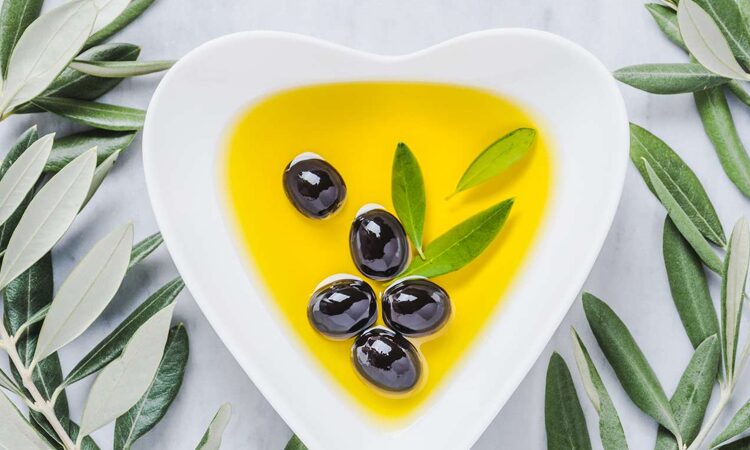Unlocking the Secrets of Olive Oil: Enhance Your Health with this Nutritional Powerhouse
Key Takeaways:
- Olive oil is rich in monounsaturated fats, which are heart-healthy and can help reduce the risk of cardiovascular disease.
- Incorporating olive oil into your diet may improve cholesterol levels, lowering LDL (bad) cholesterol and increasing HDL (good) cholesterol.
- Olive oil contains antioxidants that have anti-inflammatory properties, potentially reducing the risk of chronic diseases such as cancer and Alzheimer’s.
- Consuming olive oil may aid in weight management by promoting feelings of fullness and reducing the risk of obesity.
- The Mediterranean diet, which includes olive oil as a primary fat source, has been associated with numerous health benefits, including improved longevity and reduced risk of chronic diseases.
Incorporating olive oil into your diet offers a myriad of health benefits, making it a valuable addition to your daily meals. Rich in monounsaturated fats, olive oil is known for its heart-healthy properties and can significantly contribute to your overall well-being.
One of the key benefits of olive oil is its positive impact on cardiovascular health. The monounsaturated fats found in olive oil help reduce LDL (bad) cholesterol levels while increasing HDL (good) cholesterol levels, thus lowering the risk of heart disease and stroke. By replacing saturated and trans fats with olive oil in your diet, you can improve your lipid profile and support a healthy heart.
Furthermore, olive oil is packed with antioxidants, such as vitamin E and polyphenols, which have potent anti-inflammatory properties. These antioxidants help combat oxidative stress and inflammation in the body, potentially reducing the risk of chronic diseases such as cancer, diabetes, and Alzheimer’s disease. Incorporating olive oil into your meals can therefore serve as a powerful defense mechanism against various health conditions.
In addition to its heart-healthy and anti-inflammatory properties, olive oil may also aid in weight management. Studies have shown that consuming olive oil can promote feelings of fullness and satiety, leading to reduced calorie intake and ultimately supporting weight loss efforts. By using olive oil as a primary fat source in your cooking and meal preparation, you can enjoy delicious and satisfying meals while maintaining a healthy weight.
The Mediterranean diet, renowned for its health-promoting effects, emphasizes the consumption of olive oil as a staple fat source. This dietary pattern, characterized by a high intake of fruits, vegetables, whole grains, and lean proteins, along with moderate consumption of wine and dairy, has been associated with numerous health benefits. From improved longevity to reduced risk of chronic diseases, following a Mediterranean diet rich in olive oil can help you achieve optimal health and vitality.
In conclusion, incorporating olive oil into your diet is a simple yet effective way to enhance your overall health and well-being. Whether drizzled over salads, used as a cooking oil, or enjoyed as a dip for bread, olive oil offers a delicious and nutritious addition to any meal. By making olive oil a regular part of your dietary regimen, you can reap the many health benefits it has to offer and take positive steps towards a healthier lifestyle.






